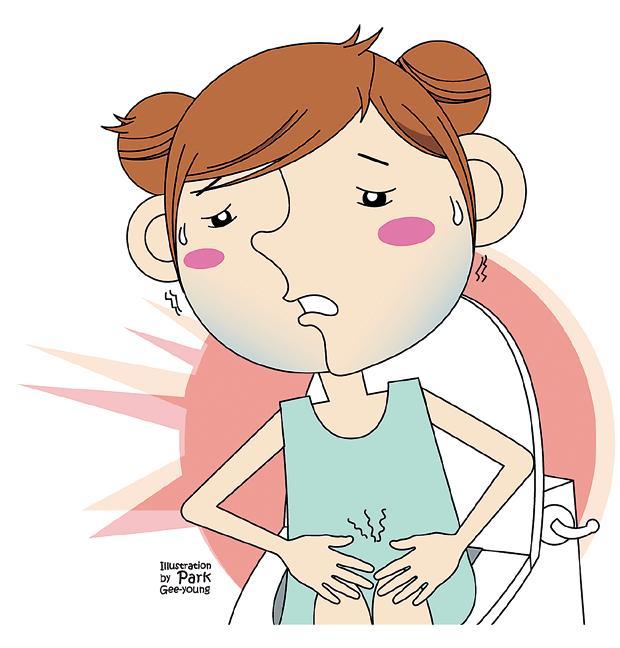
In the summer, the warm weather allows the rapid growth of bacteria contamination in food, causing food poisoning and bacterial diarrhea. Children who consume foods contaminated with bacteria develop nausea, severe abdominal pain and diarrhea after 3-24 hours. They can also experience headaches or fever.
Food poisoning often occurs in group catering, such as restaurants, parties, summer camps and kindergarten meals. Foods such as meats, fish, seafood, ham, salad, cream, eggs and milk often are associated with food poisoning, so it is important to check that the food is fresh before consuming it.
The main organisms that cause food poisoning include Staphylococcus aureus, Salmonella, Vibrio parahaemolyticus, or the toxins produced by bacteria. Most bacteria are not resistant to heat, thus food poisoning can be prevented by boiling foods. However, foods that cannot be boiled or toxins that are not degraded by heat can still cause food poisoning. Therefore, the food should be prepared hygienically.
The prevalence of bacterial causes of diarrhea in children, such as dysentery, has decreased nowadays, but many children still experience abdominal pain and mucous diarrhea during the summer. Bacterial diarrhea is caused by the transfer of bacteria from fecal matter to food, which is then ingested. Therefore, it is very important that you wash your hands before preparing or ingesting food.
Bacterial diarrhea or food poisoning naturally resolves in a few days, so most patients do not need antibiotics or other treatment. However, children can die from dehydration from diarrhea, so the main focus of the treatment is preventing dehydration. Pediatric patients can develop dehydration from vomiting and diarrhea, which causes dry oral mucous membranes, sunken eyes, fatigue and other signs of dehydration. If this is the case, the patient must see a doctor as soon as possible.
How can such diarrhea be prevented?
Use boiled water and avoid tap water or ice made from tap water. Avoid eating fruit or vegetable skin, and avoid eating leaves such as cabbage leaves. Avoid eating uncooked meat and especially uncooked seafood. Other options include soups or rice porridge. Keep your kid’s body warm and use warm towels on the belly to relieve abdominal pain. Many children recover in a few days, so you should not worry too much and symptomatic management will be sufficient.
If bacterial dysentery is suspected, or if there is fever or if there is blood in the stool, you should see a doctor immediately for treatment. Bacterial dysentery causes severe abdominal pain and diarrhea which can cause dehydration. Treatment with antibiotics and fluids is necessary. Overuse of unnecessary antidiarrheal agents may relieve the diarrhea but will not treat the inflammation of the intestines so these agents are not recommended. Sometimes they can worsen systemic symptoms thus extra care should be taken when using antidiarrheals.
It is also important to wash your hands before eating and before preparing food. Diarrhea caused during travelling is called traveler’s diarrhea. Prophylactic medication is usually not necessary, but if children have pre-existing conditions such as gastrointestinal problems, kidney problems or diabetes, they may need prophylaxis before travel.
 |
Choe Yon-ho |
By Choe Yon-ho
The author is a doctor at the department of pediatrics at Samsung Medical Center and a professor at Sungkyunkwan University School of Medicine. ― Ed.









